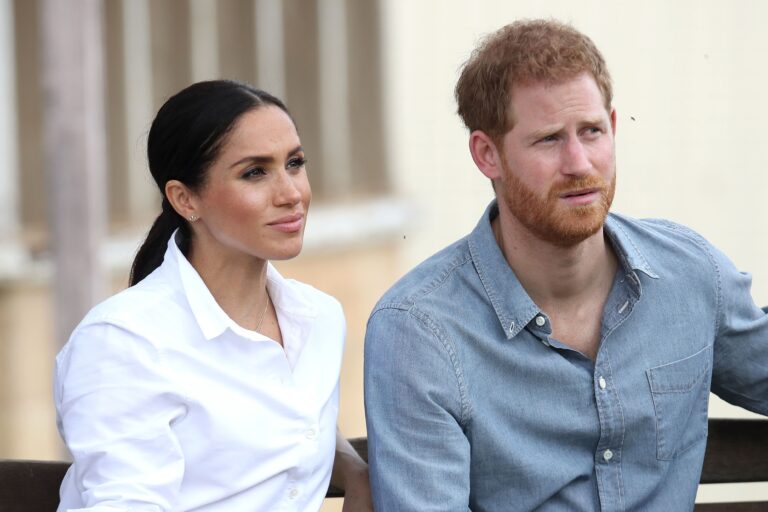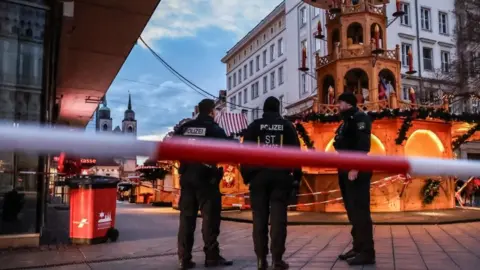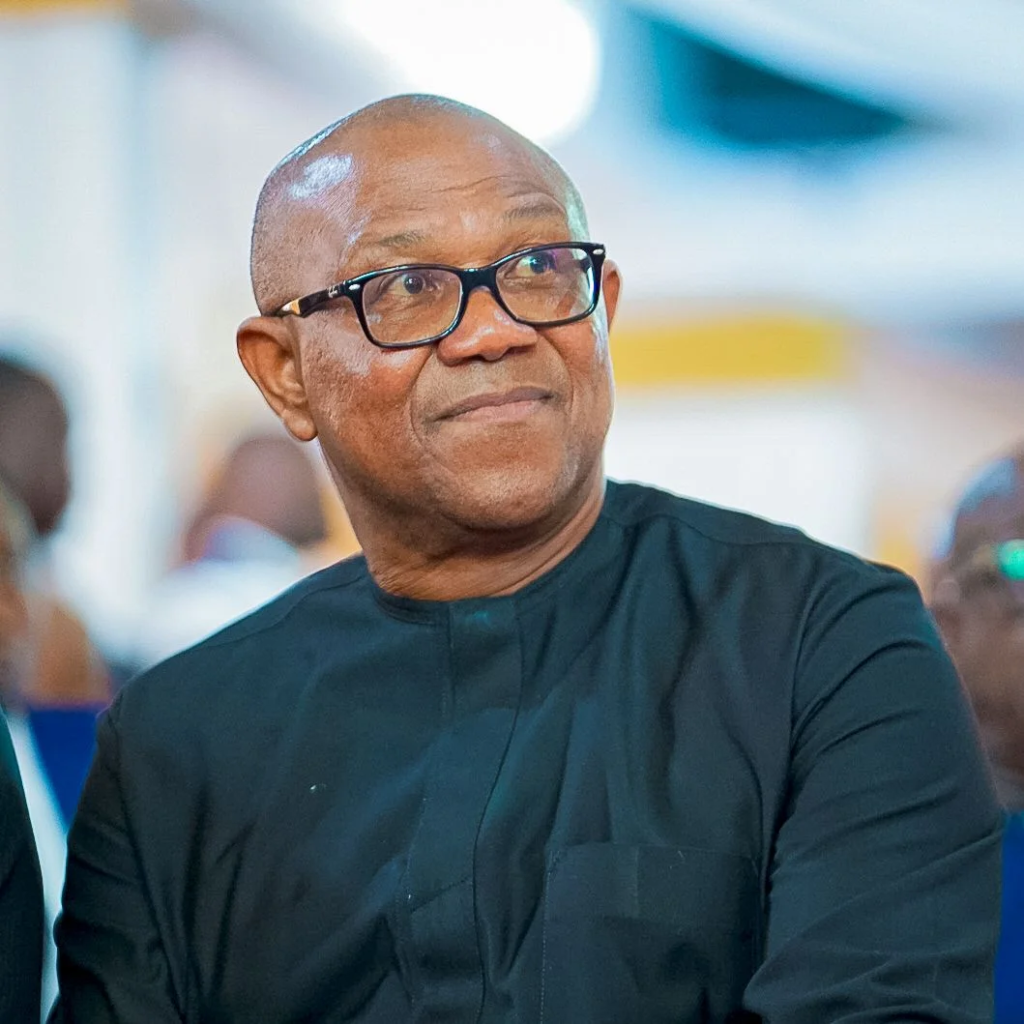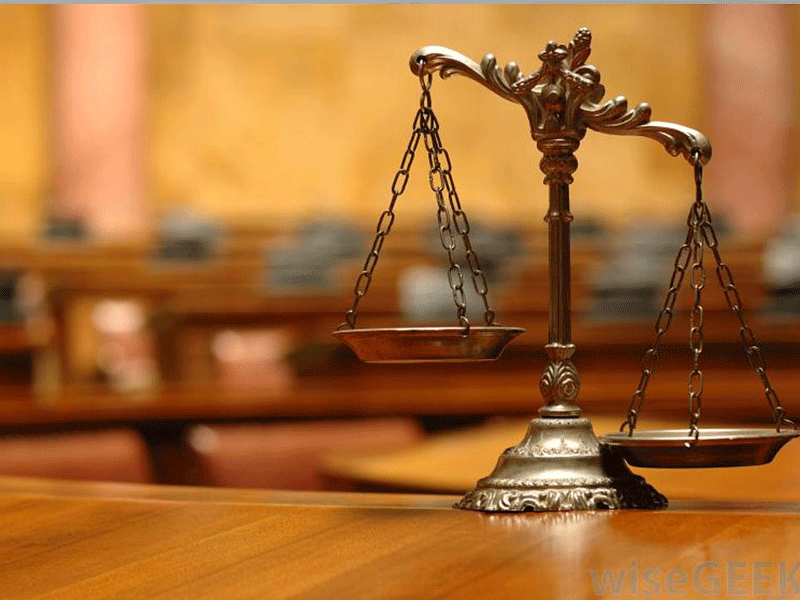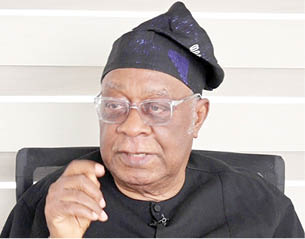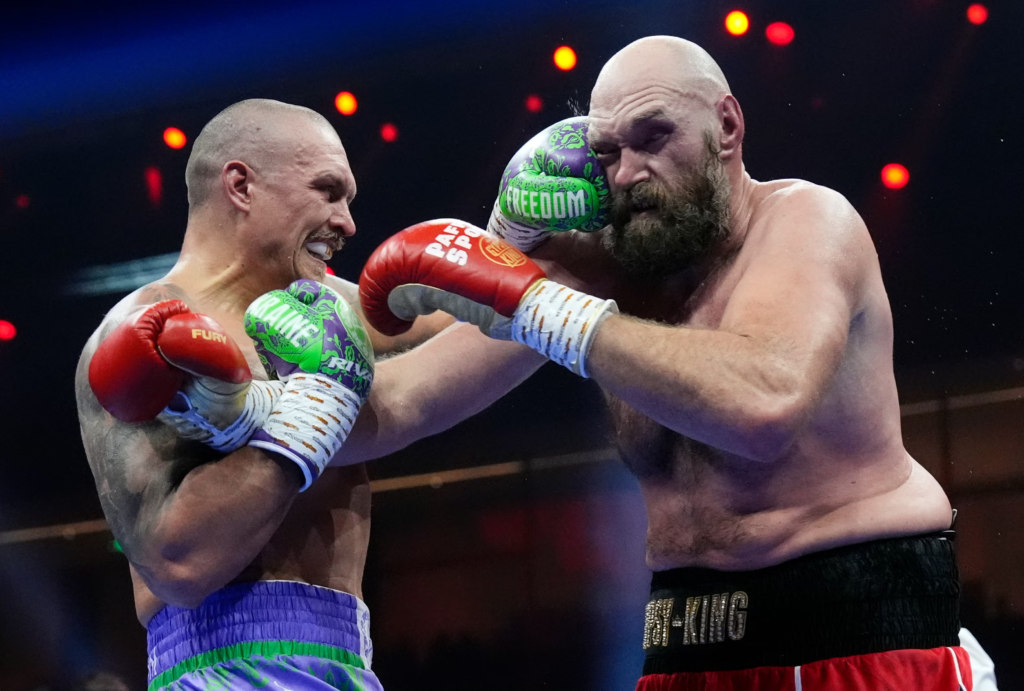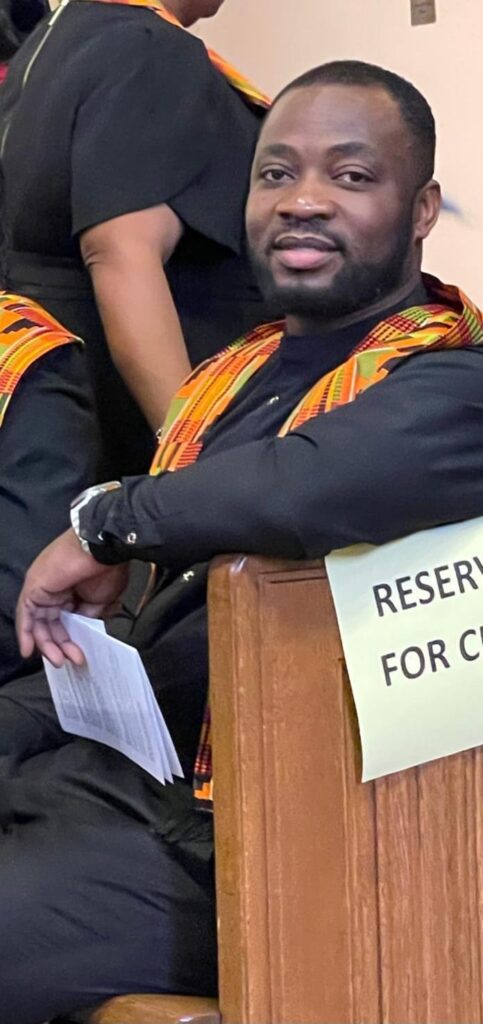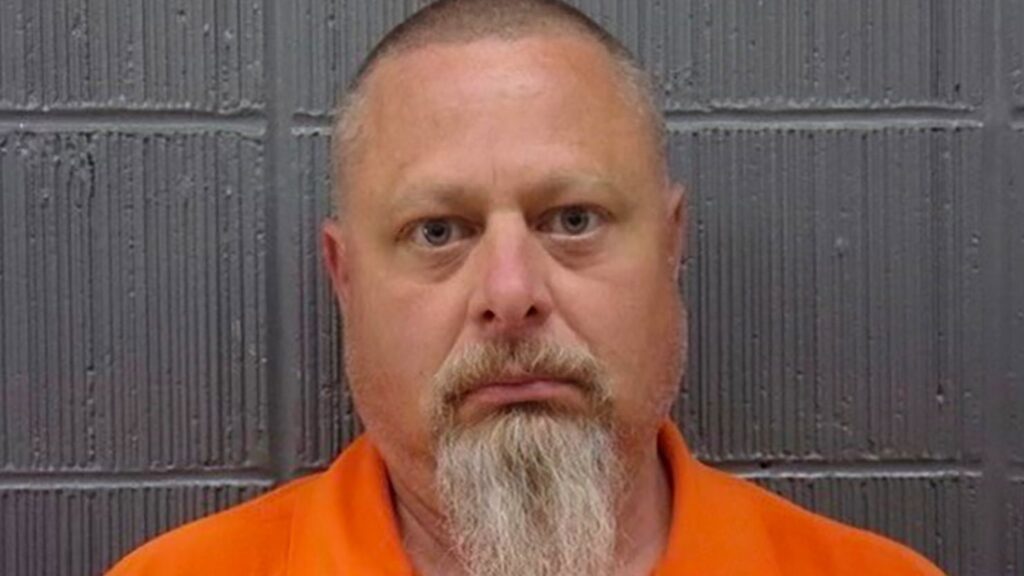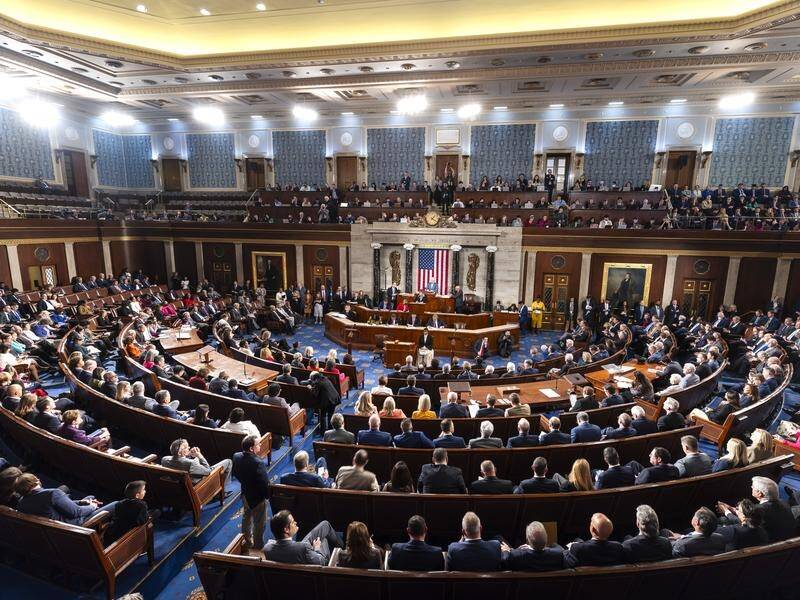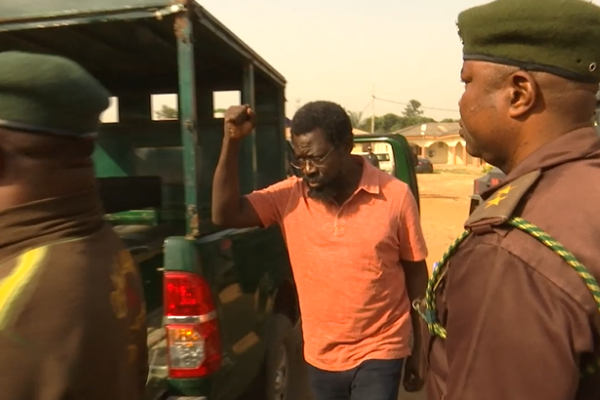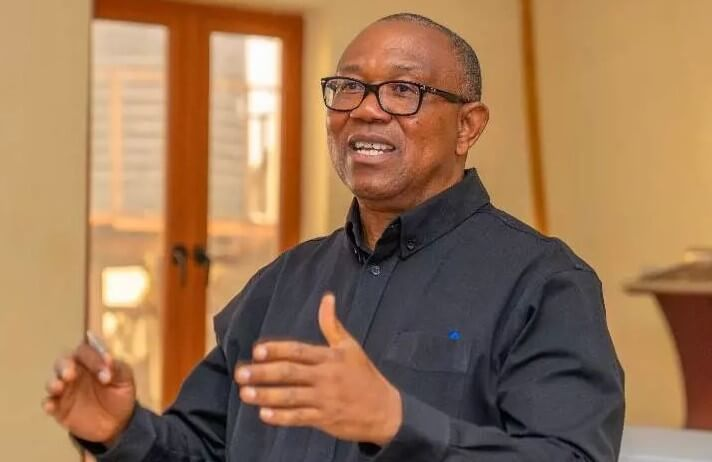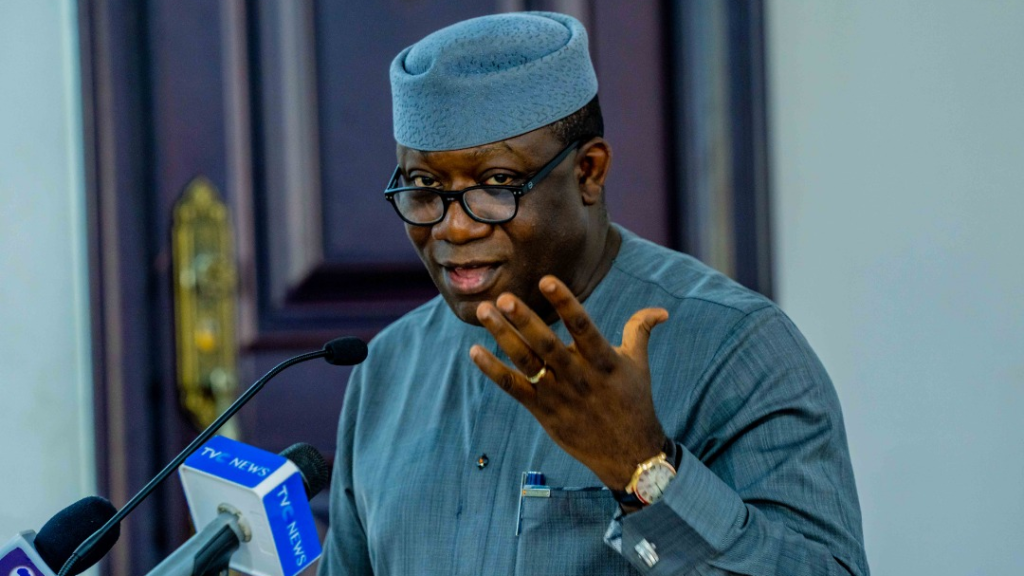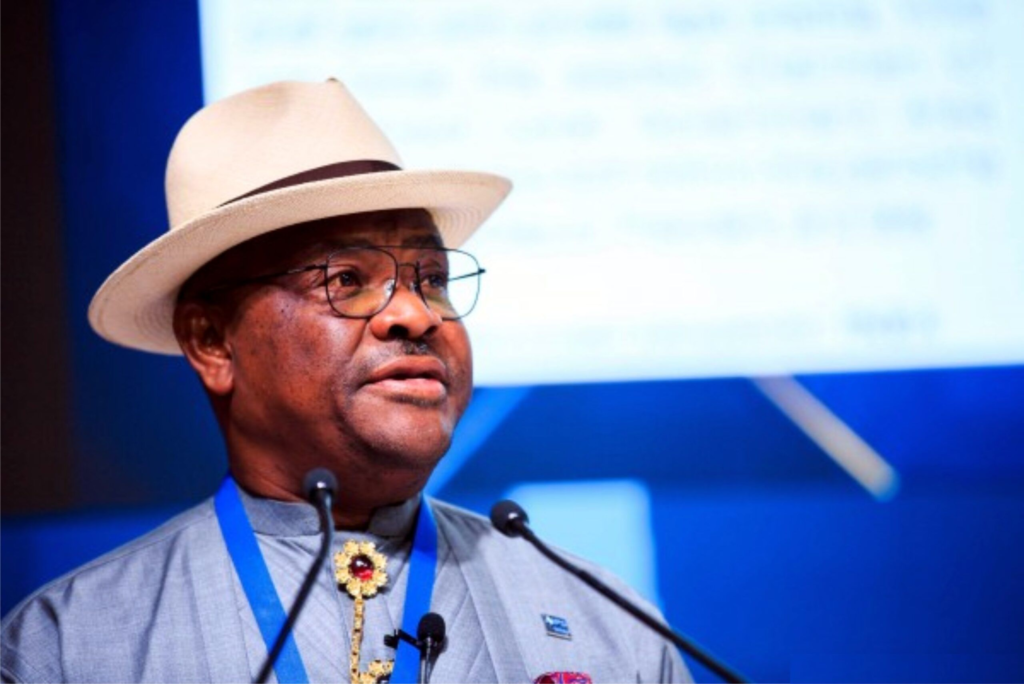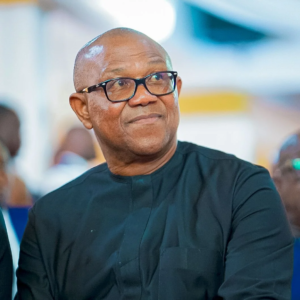Prince Harry has won a bid to proceed to the next stage of his judicial review of a United Kingdom government decision to reduce his security and refusal to allow him to pay for police protection, a High Court judge has ruled.
Harry’s legal team, at a preliminary hearing earlier this month, sought permission for a full judicial review to challenge the Home Office [interior ministry] decisions in court.
High Court Judge Jonathan Swift ruled on Friday that “The application for permission to apply for judicial review is allowed in part and refused in part.”
A statement from Harry’s legal team in January announcing the prince’s intention to bring a case against the Home Office included comments that: “The U.K. will always be Prince Harry‘s home and a country he wants his wife and children to be safe in.
“With the lack of police protection, comes too great a personal risk. Prince Harry hopes that his petition—after close to two years of pleas for security in the U.K.—will resolve this situation.”
The government’s position has been firm that the RAVEC committee’s decision was fair and that it is not possible for private entities to pay for metropolitan police protection.
Swift agreed that Harry had an “arguable” case to bring against the government in court.
The royal has been granted permission to challenge on four grounds, including that he “should have had the opportunity to make representations to RAVEC, including the opportunity to comment on other information RAVEC considered.”
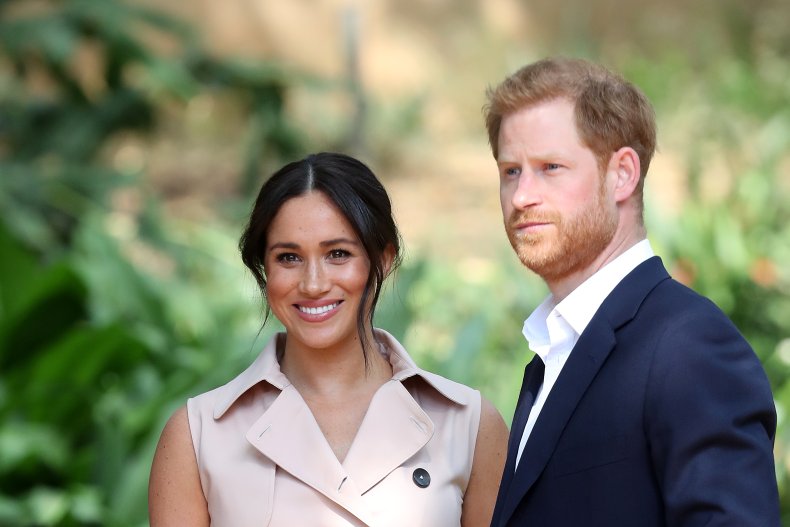
One key point raised in the preliminary hearing on July 7 which Swift did not agree with was that Harry should have been made aware of who was on the RAVEC committee before their decision was reached.
It was revealed by the prince’s lawyer, Shaheed Fatima, that there were “significant tensions between the claimant [Prince Harry] and certain people,” on the committee, identifying the queen’s private secretary Sir Edward Young among them.
Young is reported to have played a key role in negotiating the Sussexes exit from working royal life in 2020 acting on behalf of the queen, Prince Charles and Prince William. The implication was that “tensions” between Harry and Young could have influenced the palace aide during the RAVEC decision-making.
Swift said in his ruling judgment that “while the Claimant [Harry] may have had disagreements with persons who were RAVEC committee members, there was no evidence at all to support a claim that any committee member had approached decisions with a closed mind, or that either decision was affected by bias.”
Though this ruling is a clear win for Harry—the Home Office having contested permission for the claims to reach the courts—Swift issued a clear reminder that his judgment that a review could take place did not mean the prince was guaranteed to win.
He said, per the Associated Press: “a conclusion at the permission stage that a case is arguable is some distance from a conclusion that the case will succeed at final hearing.”
During the next stages, the RAVEC committee will have the opportunity to justify the conclusions they drew regarding the prince’s security and supply evidence to support this.
No official date for the court case has yet been set.
NEWSWEEK

